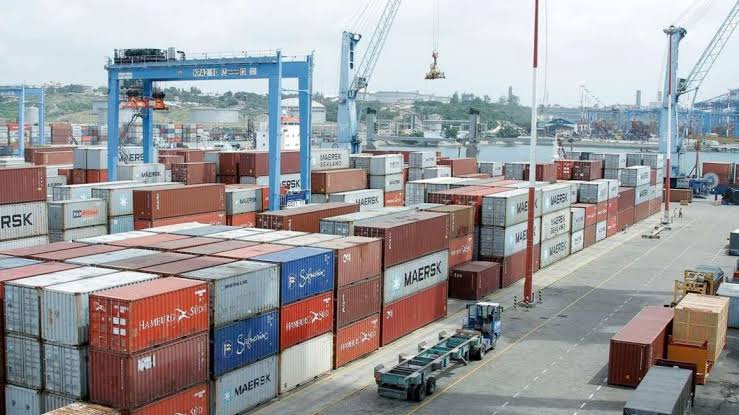Over the past two weeks, Kenya has benefited from an African Continental Free Trade Area pilot program that aims to facilitate and increase trade across Africa.
The East African country shipped its first batches of locally made car batteries and tea to Ghana 21 months after the AfCFTA pact was launched.
Associated Battery Manufacturers Limited in Nairobi exported its first locally manufactured batteries to Ghana a few weeks ago.
Finance manager Nixon Paloma said the company, which specializes in automotive and solar batteries, has traded with other regional blocs in East and South Africa, but this is the first trade with the West African region.

Paloma stated, “As you know, one reason why Africa has not engaged in self-negotiation is due to logistical challenges, tariff issues, as well as non-tariff trade impediments.”
“In order to encourage African firms to do business with other African nations, the Secretariat has created laws and regulations. We used it to our advantage.”
Also, read; Tanzania, Kenya Agree to Fast-track Construction of Gas Pipeline Project
Paloma said receiving tariff preferences is one of the main benefits of trade in this pilot phase.
“Right now, we should get 2% a year in Ghana, for example. Thus, the tariff is reduced by 2% each year until it reaches zero. So in 10 years we will be exporting duty-free goods to Ghana,” Paloma said.
Ghana’s High Commissioner for Kenya, Damptey Bediako Asare, told VOA that the testing phase, which began in July, is a significant step towards the implementation of the AfCFTA.
Most African nations have a number of flagship initiatives, but they are on hold because everyone is expected to be ready before they are launched, according to him.

“Some of us ask, “Why don’t we group together the nations that are prepared to begin negotiations under the CFTA to form a core family of nations that are… prepared to implement the CFTA?” from the outset. That, in my opinion, is what transpired.”
Asare highlighted the tariff reduction as a direct benefit under the new pan-African agreement.
“We have a lot of landlocked African countries,” he said. “So if you participate [in the AfCFTA], how are you going to be significantly involved in this negotiation exercise with each other? We need to improve the infrastructure.”

